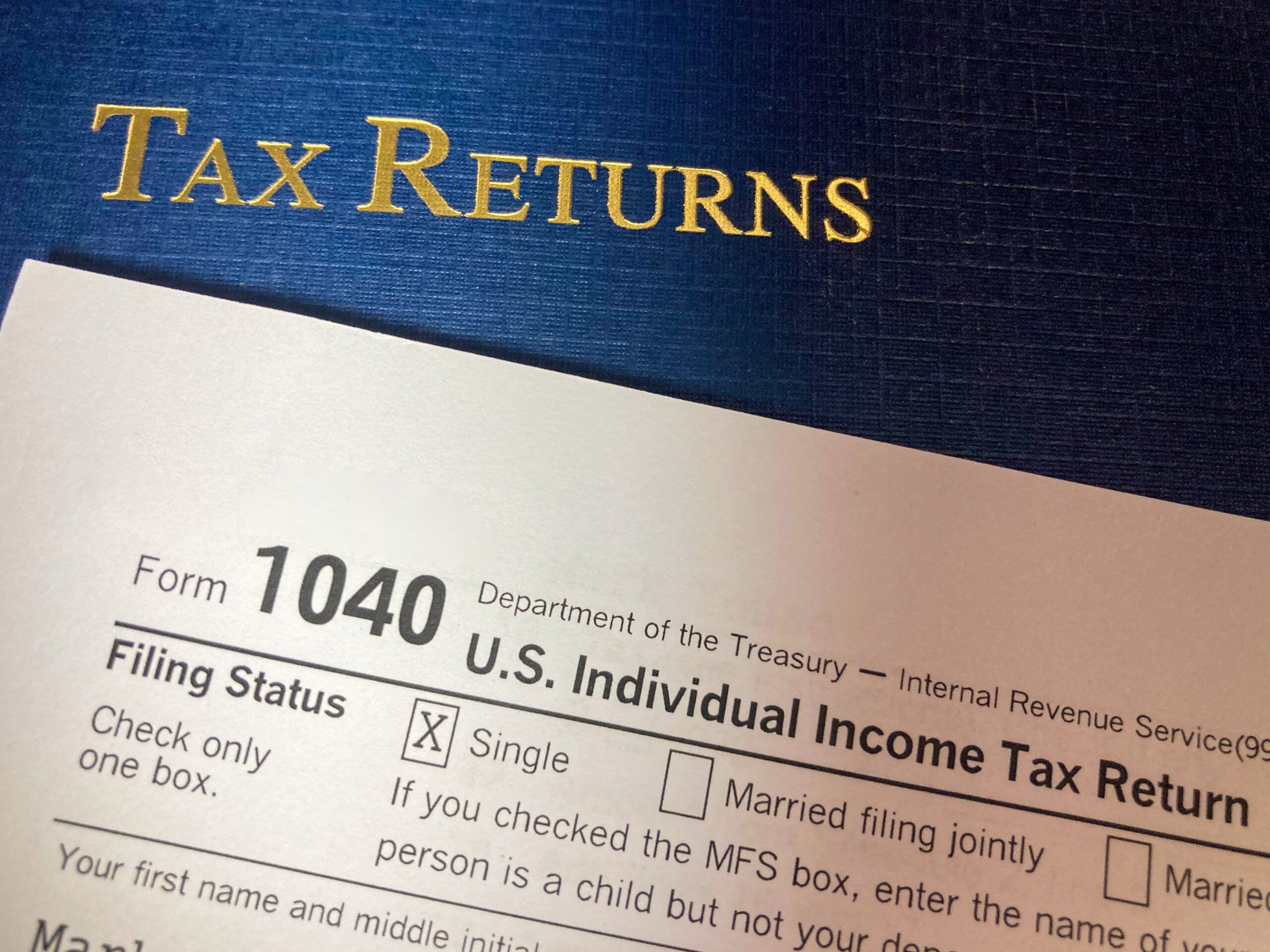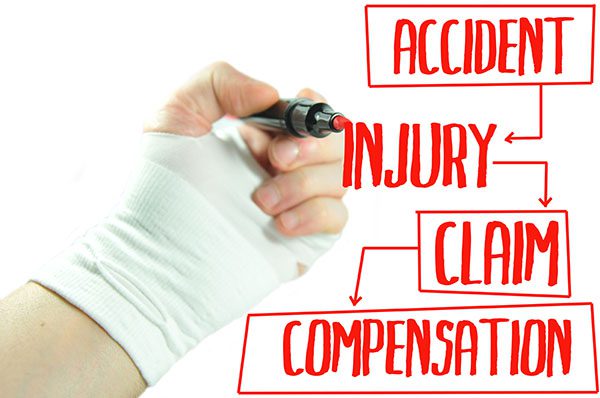Are Personal Injury Settlements Taxed?


In some situations, filing a personal injury lawsuit may be necessary to pursue the compensation you deserve after an accident. The money your attorney recovers for you should go towards your medical expenses, lost wages, property damage, and emotional distress. However, are there other strings attached to the money you recover from a personal injury lawsuit? Does Uncle Sam deserve a cut of your settlement?
The legal team at The Johnson Injury Firm wants to help prepare you for what to expect when you recover money from a personal injury case. After fighting for the funds you need, the last thing you want is a surprise tax bill from the United States government.
Are Personal Injury Settlements Taxed?
Receiving a personal injury case settlement check should give you peace of mind. This settlement is supposed to be the means to pay for your medical expenses, lost wages, and property damage after an injury caused by another party. The money is supposed to help make you whole again and aid in your recovery. However, receiving funds for a personal injury case can also raise questions about what comes next and whether the federal government will want a cut of your money.
The answer about whether personal injury settlements are taxed in Virginia is not black and white. Generally, the Internal Revenue Service views amounts received from the settlement of lawsuits as excluded from your taxable income. That means, in most cases, your personal injury settlement does not count as taxable income, and you do not have to pay federal and state taxes on the money you receive. Typically, money for medical expenses, property damage, emotional distress, and loss of consortium is non-taxable. Additionally, wrongful death settlements and workers’ compensation benefits are generally not taxable. However, you should be aware that there are some exceptions to this general rule.
Personal Injury Settlement Awards that Can Be Taxable
Although many components of a personal injury settlement are not counted as taxable income by the IRS, some awards may be subject to taxation. An attorney or accountant can calculate the amount you owe the Internal Revenue Service so that you can pay and avoid a surprise bill or trouble from the IRS come tax time.
The IRS can tax dividends or interest earned on a personal injury settlement. In some cases, large, lump-sum settlement payments can generate significant interest. The interest earned is taxable, and the IRS will want its cut of that money. You can work with your attorney to strategize the best methods for mitigating the potential tax consequences of accepting a lump-sum settlement.
Additionally, if you claimed accident-related medical expenditures as individual deductions on your income tax return in a prior year, you must pay taxes on those deductions once you have your settlement in hand.
In rare cases, you may be awarded punitive damages as part of a personal injury case. Punitive damages are a financial punishment doled out to an individual for recklessness or gross negligence. If a judge adds punitive damages, know that the money awarded is counted as taxable income by the Internal Revenue Service. You must pay taxes on this money.
Contact The Johnson Injury Firm for Help
Do you need help pursuing the compensation you deserve after an accident with a careless individual? Are you confused about the tax implications of a potential personal injury settlement? The knowledgeable legal team at The Johnson Injury Firm can help you through this overwhelming time.
Contact our Richmond, Virginia office today at (804) 262-9000 to arrange a free consultation and to learn more about your rights.







